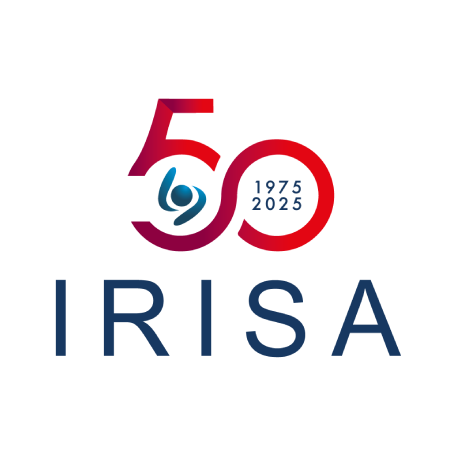Deep learning is starting to be successfully applied to various space applications. However, due to its memory footprint and computational intensity, inference of many models is still mainly performed on ground platforms. Recent research has focused on neural network quantization to mitigate this computational burden and facilitate on-board processing. This thesis investigates neural network quantization and its impact on model accuracy targeting FPGA accelerators for on-board space applications. We introduce an optimization-based method for mixed-precision uniform quantization of both weights and activations. Its defining characteristic is the use of relaxed fractional bit-widths that are updated using a gradient descent rule but otherwise discretized for all operations (in forward and backward pass computations). We also present an efficient approach based on low-precision floating-point quantization. Our method adapts a quantized deep neural network training approach predominantly used for integer/fixed-point-based quantization. Finally, we studied the impact of long skip connections in U-shaped semantic segmentation models on accuracy and highlighted their memory footprint.
Examiners : Florent de DINECHIN Professor, INSA Lyon (reviewer)
David NOVO Researcher, HDR, CNRS, LIRMM, Montpellier (reviewer)
Emanuel POPOCIVI Senior Lecturer, UCC, Cork, Ireland
Tania POULI Deputy Director of Strategy, b<>com, Rennes
Alexandre TERMIER Professor, University of Rennes
Supervisor : Olivier SENTIEYS Professor, University of Rennes, INRIA (doctoral advisor)
Silviu-Ioan FILIP Researcher, INRIA, Rennes
Clément COGGIOLA Research Engineer, CNES, Toulouse
